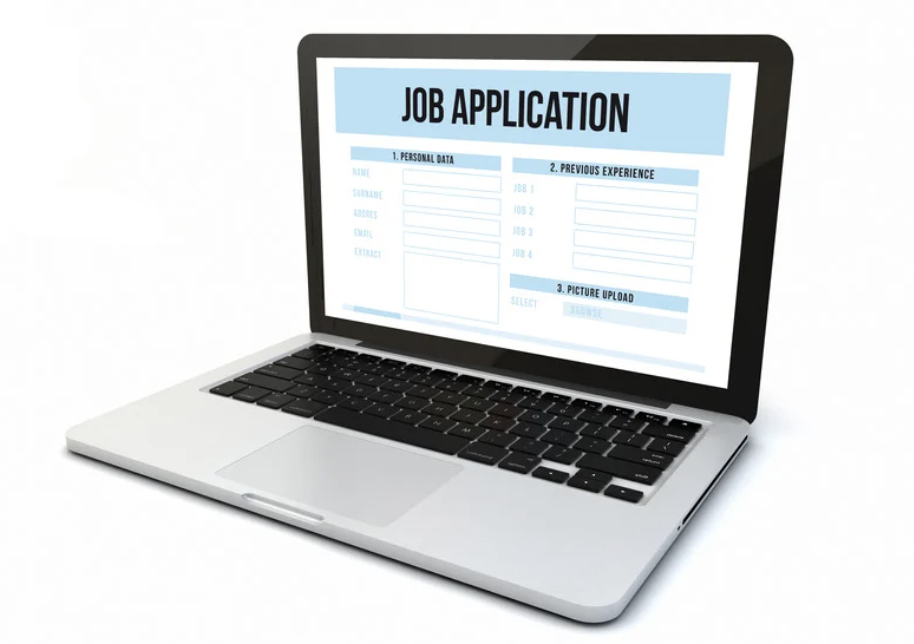
Age shouldn’t be a barrier to opportunity, but let’s be honest, sometimes it feels like it is.
Many professionals worry that their experience will be seen as a disadvantage rather than an asset, whether it’s being labelled “overqualified,” sensing hesitation from a younger interviewer, or seeing job ads filled with phrases like digital native or culture fit.
The unfortunate fact is ageism in the hiring process is real, but it doesn’t have to define your job search.
Here are some simple strategies you could try to help stay competitive and confidently navigate the market.
1. Reframe Experience as Impact
Employers don’t just want years, they want results. Instead of presenting your career as a timeline, work on highlighting the outcomes you’ve delivered and how you have made an impact on the business. Did you drive revenue growth? Lead successful teams? Mentor others? These are strengths built over time and will showcase the value you bring, reframing your experience as an advantage, not a drawback.
2. Keep Your Skills Fresh
One of the strongest ways to push back against bias is to demonstrate that you’re current and keeping up-to-date with new technology, tools, and industry practices. Adding recent certifications or short courses to your CV or LinkedIn profile signals adaptability and shows you’re engaged with where your field is heading.
3. Update Your Resume and Profile
A dated presentation can unintentionally reinforce stereotypes. Trim out early, irrelevant roles and focus on the most recent 10–15 years of experience or summarise your earlier experience by listing the role and companies you worked for. Ensure you use a clean CV format that reflects current trends - there are plenty of resume templates available that can instantly give your CV a polished, up-to-date look. On LinkedIn, keep your photo current, write a headline that captures your expertise and highlight professional development and recent achievements.
4. Counter the “Boredom” Assumption
Another common assumption is that experienced candidates will quickly become bored with the role or lack motivation for day-to-day tasks. Employers may worry that you’re looking for something “bigger” or simply marking time. The key is to show that you’ve thought carefully about the role and that it genuinely matches what you want at this stage in your career. Be clear about what excites you about the position—whether it’s the chance to mentor others, contribute to meaningful projects, or focus on the work you enjoy most. When you communicate genuine enthusiasm, it reassures employers that you’re not only capable but fully committed.
5. Address ‘Over Qualification’ Directly
If you sense concerns about being “too experienced,” get ahead of it. You might say: “I’m excited about this role because it focuses on the work I most enjoy. I’m motivated by impact, not just titles.” This can reassure employers that you’re applying intentionally and with genuine interest.
6. Show Energy and Curiosity
Pairing experience with enthusiasm and passion is powerful. In interviews, show curiosity about the company’s goals and challenges, ask thoughtful questions and demonstrate that you’re not only capable but also energised.
Ageism can be discouraging, but it doesn’t have to derail your job search. By framing your experience as impact, keeping your skills sharp, you can stand out as a relevant, valuable candidate and remember: your experience isn’t a weakness, it’s one of your greatest strengths.
